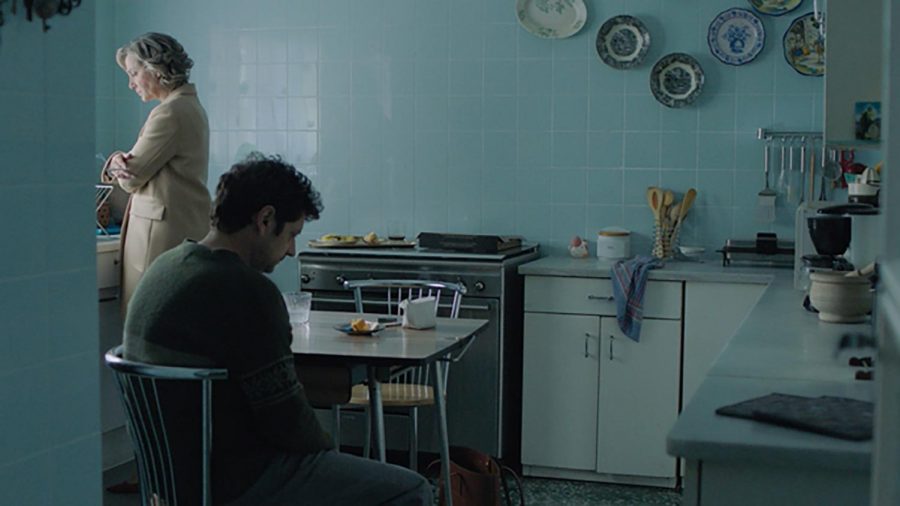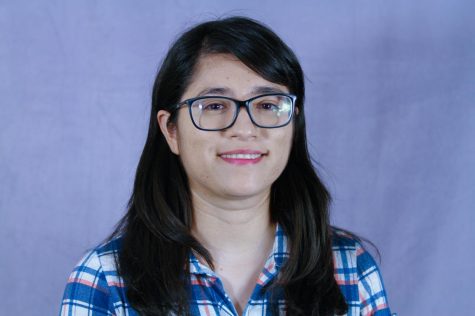Spanish director, producer and editor Javier Marco was among the recipients of the 35th Goya awards edition for his short film titled ‘A La Cara’ (Face to Face) March 6, 2021, which will also be considered for the Oscars 2022. The film has been screened at more than 90 international film festivals.
“A La Cara” is a short film that tells the story of Lina, a famous television presenter who goes to the house to confront a man who writes messages insulting her through social networks.
“A La Cara” has received six awards and one nomination, including the Spanish Goya Award for a Best Short Fiction Film,Best Actor (Manolo Solo) and Best Actress (Sonia Almarcha) during 2020 and 2021.
Javier Marco Rico was born Feb. 20, 1980, in Alicante, Spain. He has been passionate about film since he saw “Blade Runner” (1982), which inspired him to get involved in the world of cinematography. “I saw ‘Blade Runner’ when I was 13-years-old on television, and I loved this film,” said Marco. “I didn’t understand much, but it shocked me so much that I wanted to know how to do what Ridley Scott had done in this film. How he created ‘Blade Runner’s’ world.” From there, Marco began to make his first short film at the age of 16. “I was the actor, the cameraman, and my friends the other actors.”
Marco has a master’s degree in film and television. He also holds a bachelor’s degree in telecommunications engineering. “I had to have a ‘plan B’ in case the film didn’t go well. The film is a very complicated world,” he said. After working in engineering in Madrid, Spain, he left his job two years later to dedicate himself solely to film as an assembler. Every year he made a short film like “Classmate,” “Vestido,” “Uno,” and “A La Cara.” His next feature film, “Josefina,” is about to be released.
The idea of “A La Cara” arose in 2019 with a script by Belén Sánchez-Arévalo. Marco remembers that he and his mates began to see a lot of hatred on social networks, from insults to threats and that caused people to start moving away from social networks because they did not want to play a very negative game. “From there came ‘A La Cara.’ We wanted to try to understand what leads the haters to have this type of behavior and the consequences it has,” Marco said. “I think that if they (haters) knew the damage it does to people who insult and threaten, I think they would stop doing it, or at least I want to believe it.”
When he won the Goya award with his short film “A La Cara,” Marco describes his feeling, “It was a huge joy,” Marco said of his experience winning the Goya award. “The simple fact of being nominated was great, and we knew it was going to be complicated, there was a lot of level in the other short films, and well, when they said the name of our short film, it was a great joy,” he said.
“My dream is to dedicate myself only to being a director, the awards are good, and of course, it gives you visibility,” Marco said. “In the end, the important thing is to have a job.”
Marco tells the new generations of filmmakers that the important thing is to work, improve, and make each project even better than the previous one. “Do not stagnate and always try to give a little bit of yourself. Go to a film school because you are going to learn a lot, but if you cannot go for financial reasons, on the internet there are many master classes, and you can also learn it on your own.”
With “Josefina,” nobody believed in them, and several production companies closed the doors for them until White Leaf Producciones allowed them to be their producer. “Josefina” is an upcoming 2021 Spanish film directed by Javier Marco, making his feature film debut and will be released this fall.
Beatriz Velazquez may be reached at [email protected].












